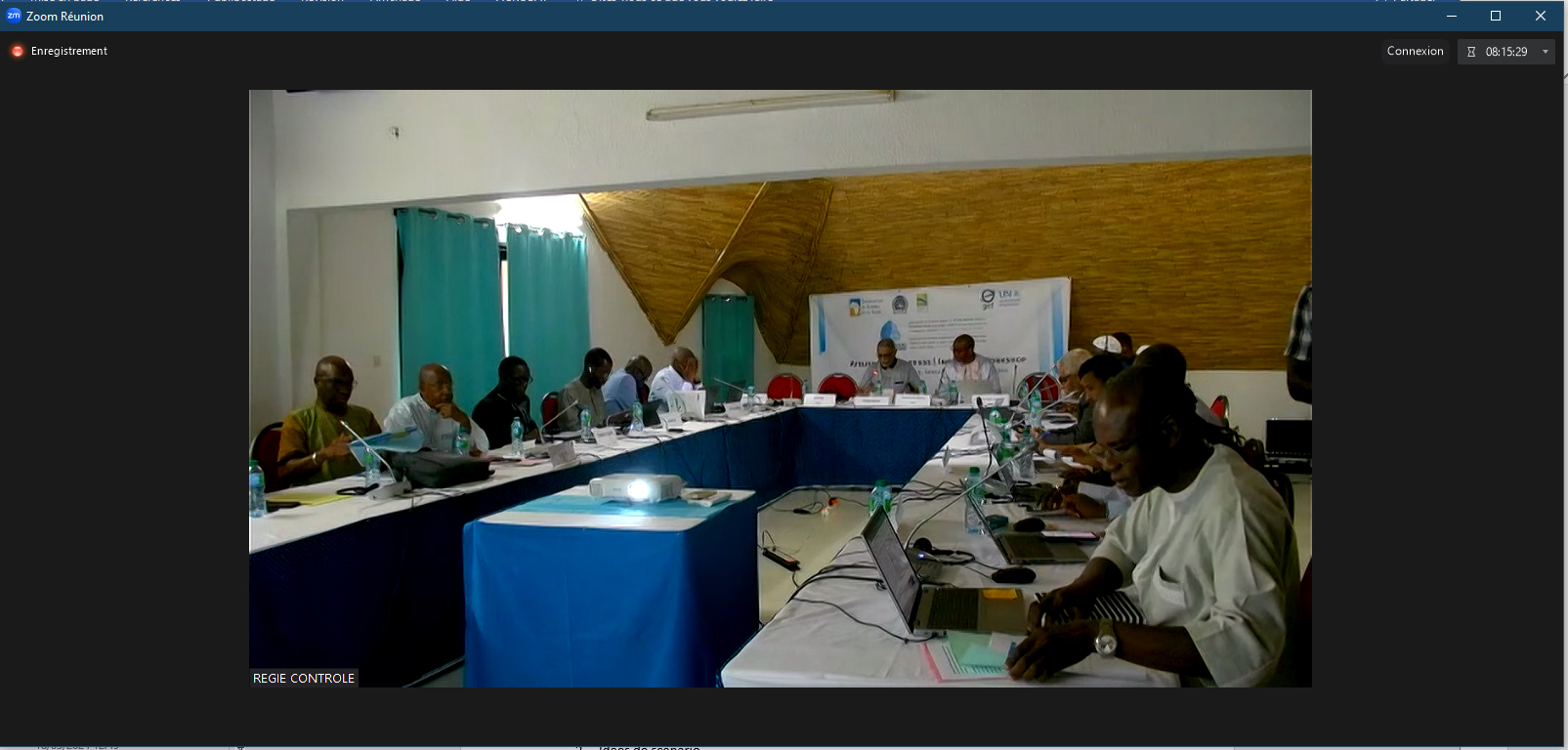
On July 25, 2024, in Somone, Senegal, the official launch of the SMAS project took place. Titled "Strengthening Sustainable Management of the Senegal-Mauritania Aquifer System to Ensure Water Access for Communities Facing Climate Change," this four-year initiative is funded by the Global Environment Facility (GEF) and implemented by the United Nations Environment Programme (UNEP). The project is carried out by the Sahara and Sahel Observatory (OSS) in collaboration with the Senegal River Basin Development Authority (OMVS), the Gambia River Basin Development Authority (OMVG), and the four countries sharing the aquifer: Senegal, Gambia, Guinea-Bissau, and Mauritania.
This launch comes a year after the project document validation workshop held in Dakar. The Secretary-General of OMVG, Daouda Samba Sow, opened the workshop by emphasizing the importance of this project for aquifer management in Senegal and Mauritania. He stressed the need to develop scientific tools to ensure accurate information for effective water resource management and expressed gratitude to the GEF, OSS, UNESCO, the European Union, and other partners for their financial and technical support.
Mohamedou Sy, representing OSS, highlighted the necessity of joint water resource management and regional cooperation, which are crucial for the success of the initiative. Caroline Okana, UNEP representative, emphasized the importance of sustainable water resource management and noted that the SMAS project represents a significant contribution to this cause. She also reaffirmed UNEP's ongoing support for the project's implementation.
The SMAS project aims to enhance the understanding of the Senegal-Mauritania aquifer system's state and functioning, as well as its interactions with the Senegal and Gambia rivers. By developing appropriate scientific tools, the project will provide reliable information for the planning and sustainable management of water resources. It will also establish databases, geographic information systems (GIS), conceptual hydrogeological models, and data sharing protocols and mechanisms.
During the workshop, various speakers representing governments and international organizations expressed their support for the SMAS project. They highlighted the importance of collaboration and data sharing to ensure effective water resource management.
At the Somone meeting, participants actively engaged in workshop sessions and considered the next steps, including the effective implementation of project activities and the operationalization of recommendations from the initial work, including the effective integration of gender dimensions into the project.
The workshop sessions also aimed to reflect on the operationalization of recommendations in each country sharing the aquifer. The contributions of all involved will be crucial to ensuring the success of this ambitious project.